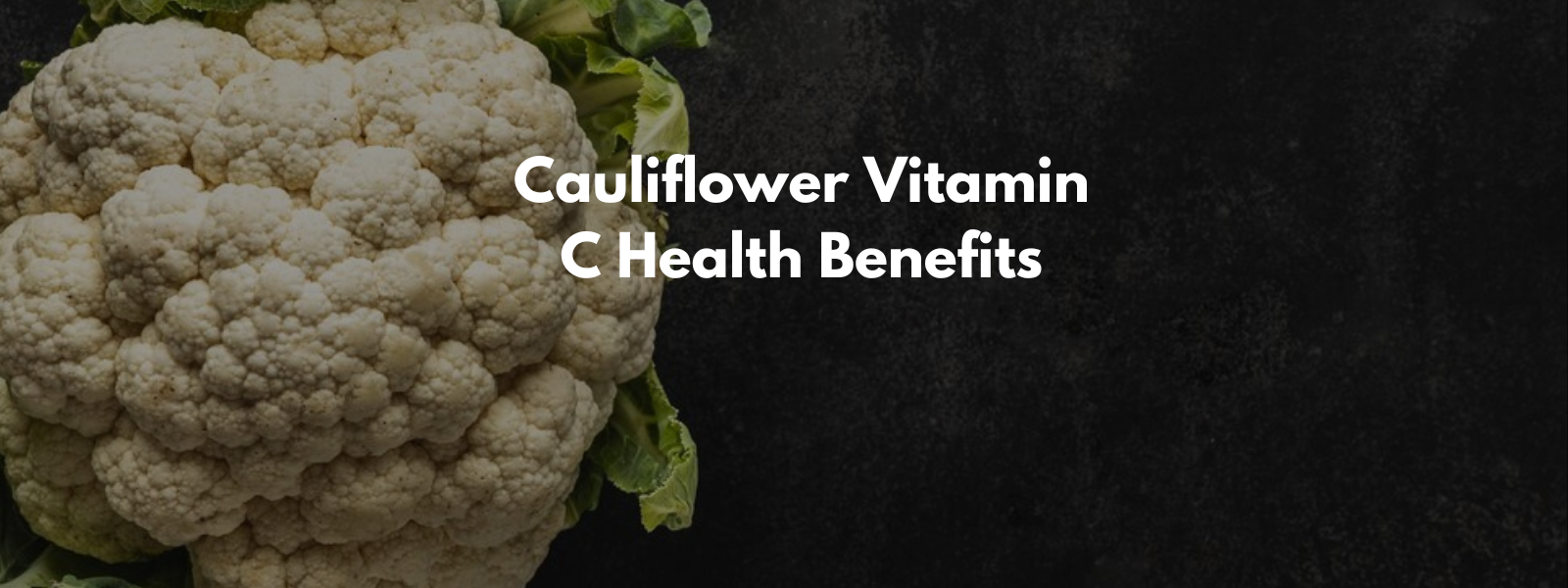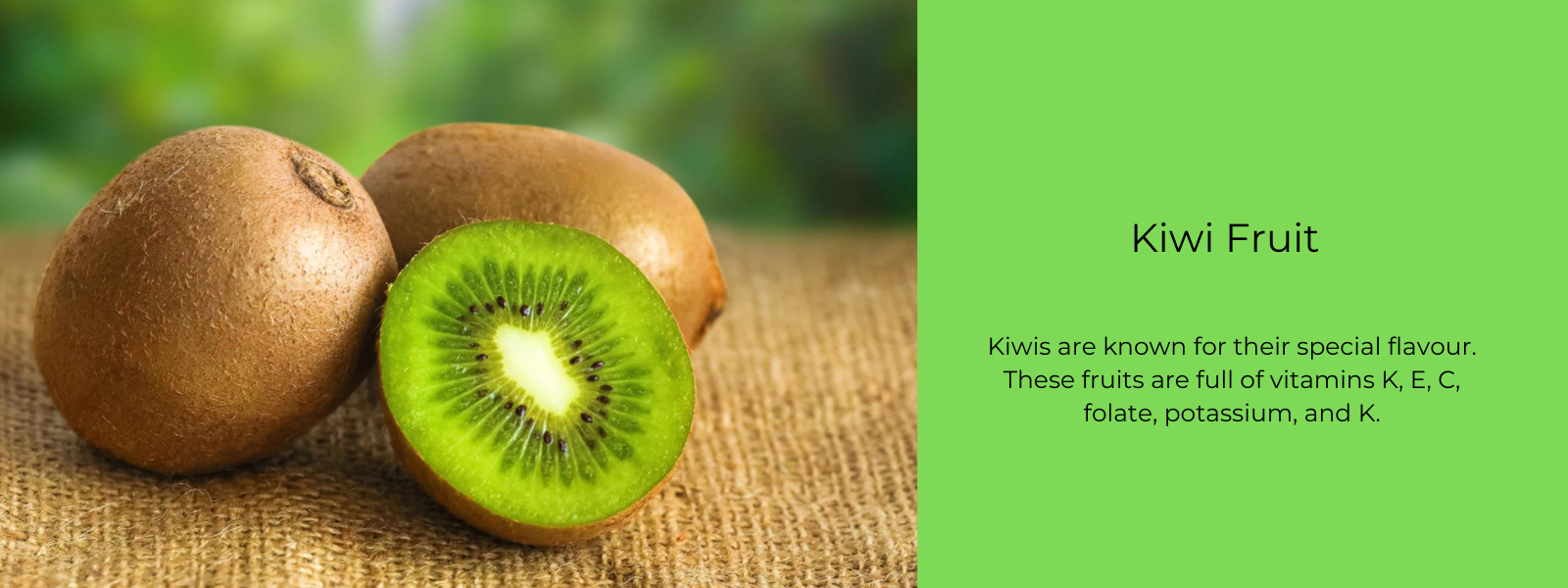Swiss chard is an excellent source of vitamin C, offering numerous health benefits. A single cup of chopped raw Swiss chard provides approximately 31 mg of vitamin C, which contributes significantly to the recommended daily intake for adults. The high vitamin C content in Swiss chard plays a crucial role in boosting the immune system, enhancing collagen production for healthy skin, and providing potent antioxidant protection against free radicals. These antioxidants help reduce the risk of chronic diseases such as heart disease, cancer, and diabetes. Additionally, vitamin C in Swiss chard aids in the absorption of non-heme iron from plant-based foods, supporting overall energy levels and preventing anemia. Incorporating Swiss chard into your diet is a nutritious way to promote overall health and well-being.
Table of Contents
What Makes Swiss Chard A Rich Source Of Vitamin C?
Nutrient Density
Nutrient Density Swiss chard is packed with a variety of vitamins and minerals, including a significant amount of vitamin C. A single cup of chopped raw Swiss chard contains approximately 31 mg of vitamin C, which is about 34% of the recommended daily intake for adults.
Efficient Photosynthesis
Swiss chard, like other leafy greens, undergoes Photosynthesis efficiently. This process not only produces energy for the plant but also supports the synthesis of various nutrients, including vitamin C. The chlorophyll in the leaves, which is responsible for the green color, plays a crucial role in this process, enabling the plant to produce and accumulate high levels of vitamin C.
Freshness and Consumption
Swiss chard is often consumed fresh, which helps retain its vitamin C content. Unlike some other vegetables that lose vitamin C during cooking or storage, Swiss chard can be eaten raw in salads or minimally cooked, helping to preserve its nutrient content.
Soil Quality and Cultivation
The quality of soil and cultivation practices can also impact the vitamin C content in Swiss chard. Rich, well-fertilized soil and proper watering and sunlight can enhance the nutrient profile of the plant, including its vitamin C levels.
Leaf Structure
The large, broad leaves of Swiss chard provide ample surface area for photosynthesis, allowing for greater production of vitamin C. The robust structure of the leaves helps protect the vitamin C content from degradation.
Importance Of Swiss Chard’s Vitamin C
Immune System Support
Vitamin C in Swiss chard enhances the immune system by promoting the production and function of white blood cells, which are vital for protecting the body against infections and illnesses. Regular consumption of Swiss chard can help strengthen the immune response, reducing the frequency and severity of common colds and other infections.
Antioxidant Protection
As a powerful antioxidant, vitamin C in Swiss chard neutralizes harmful free radicals in the body. This helps reduce oxidative stress, preventing cellular damage and lowering the risk of chronic diseases such as heart disease, cancer, and diabetes. The antioxidant properties of vitamin C play a crucial role in maintaining overall health and well-being.
Skin Health
Vitamin C is essential for collagen synthesis, a protein that maintains skin elasticity and firmness. Consuming Swiss chard can help reduce wrinkles, improve skin texture, and promote faster wound healing. Additionally, the antioxidant properties of vitamin C protect the skin from UV radiation and environmental pollutants, contributing to a youthful appearance.
Cardiovascular Health
The vitamin C in Swiss chard supports cardiovascular health by promoting the health of blood vessels, reducing blood pressure, and lowering levels of LDL cholesterol and triglycerides. These benefits collectively contribute to a decreased risk of heart disease and stroke. The anti-inflammatory properties of vitamin C also play a significant role in protecting cardiovascular health.
Enhanced Iron Absorption
Vitamin C enhances the absorption of non-heme iron from plant-based foods, which is crucial for preventing iron-deficiency anemia and boosting overall energy levels. This is particularly beneficial for individuals following vegetarian or vegan diets who rely on plant-based sources of iron.
Anti-Inflammatory Effects
The anti-inflammatory properties of vitamin C can help reduce inflammation and related conditions, such as arthritis and asthma. Regular consumption of Swiss chard may help alleviate symptoms and improve joint and respiratory health.
Digestive Health
Swiss chard is also a good source of dietary fiber, which, combined with its vitamin C content, promotes digestive health. Fiber supports regular bowel movements, prevents constipation, and contributes to overall gut health.
Ways to Use Swiss Chard
- Salads: Add raw Swiss chard to salads for a nutritional boost.
- Sautéed: Sauté Swiss chard with garlic and olive oil for a delicious and healthy side dish.
- Soups and Stews: Incorporate Swiss chard into soups and stews for added flavor and nutrition.
- Soups and Stews: Incorporate Swiss chard into soups and stews for added flavor and nutrition.
- Smoothies: Blend Swiss chard into green smoothies for a nutrient-packed drink.
- Stir-Fries: Include Swiss chard in stir-fries with other vegetables and proteins.
Conclusion
Swiss chard, rich in vitamin C, offers a multitude of health benefits, from enhancing the immune system and providing antioxidant protection to supporting skin health and cardiovascular function. Its versatility in cooking and dense nutrient profile make it an excellent addition to a balanced diet. Regularly including Swiss chard in your meals can help you take advantage of its numerous health-promoting properties and contribute to overall well-being.














Leave a comment